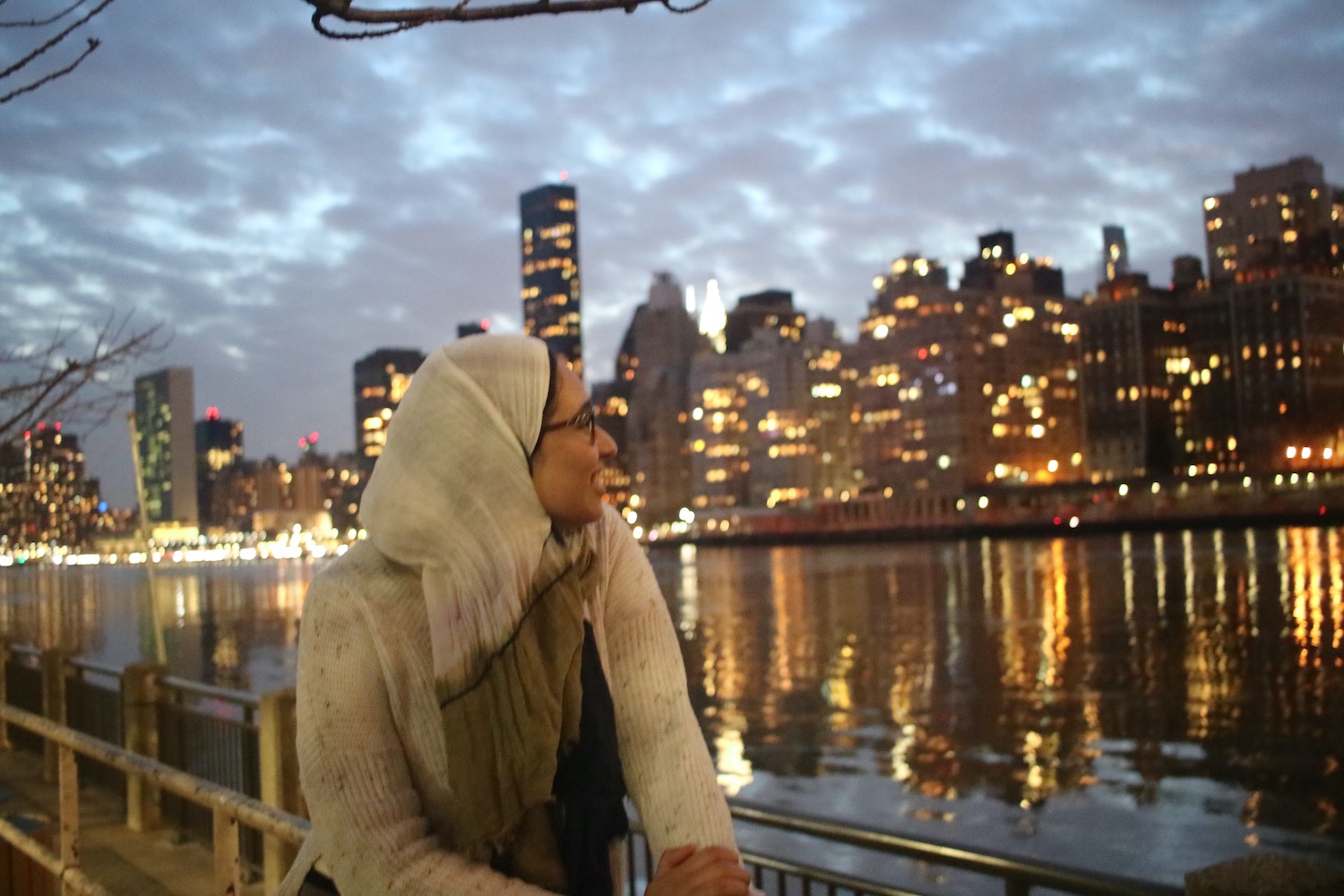Growing up in an unwelcoming city for women with strict parents, I never developed a sense of ownership over Cairo’s streets despite having lived here my entire life. I was 18 when I took them on, alone, for the first time, bursting a bubble that had persevered for too long. One day, I was exploring the streets of Korba, looking for a place to get coffee before starting my day at my internship. I realize, today, the distinct aroma of espresso remains tethered to my addiction to the idea of freedom. Since I was a child, influenced by Disney Channel ideals and fabricated brand name dreams, I craved the so-called independence of being abroad, particularly in the West. Daydreams of my future big American adventure were constant, slowly manifesting themselves into what I envisaged to be the “only way” to become who I really am, not knowing exactly what the self-realization would entail or with whom. I had to think myself so far away, a 12-hour flight away, to feel that independence was realistic: New York became the platonic ideal. A year after my Korba internship, on a trip to…



